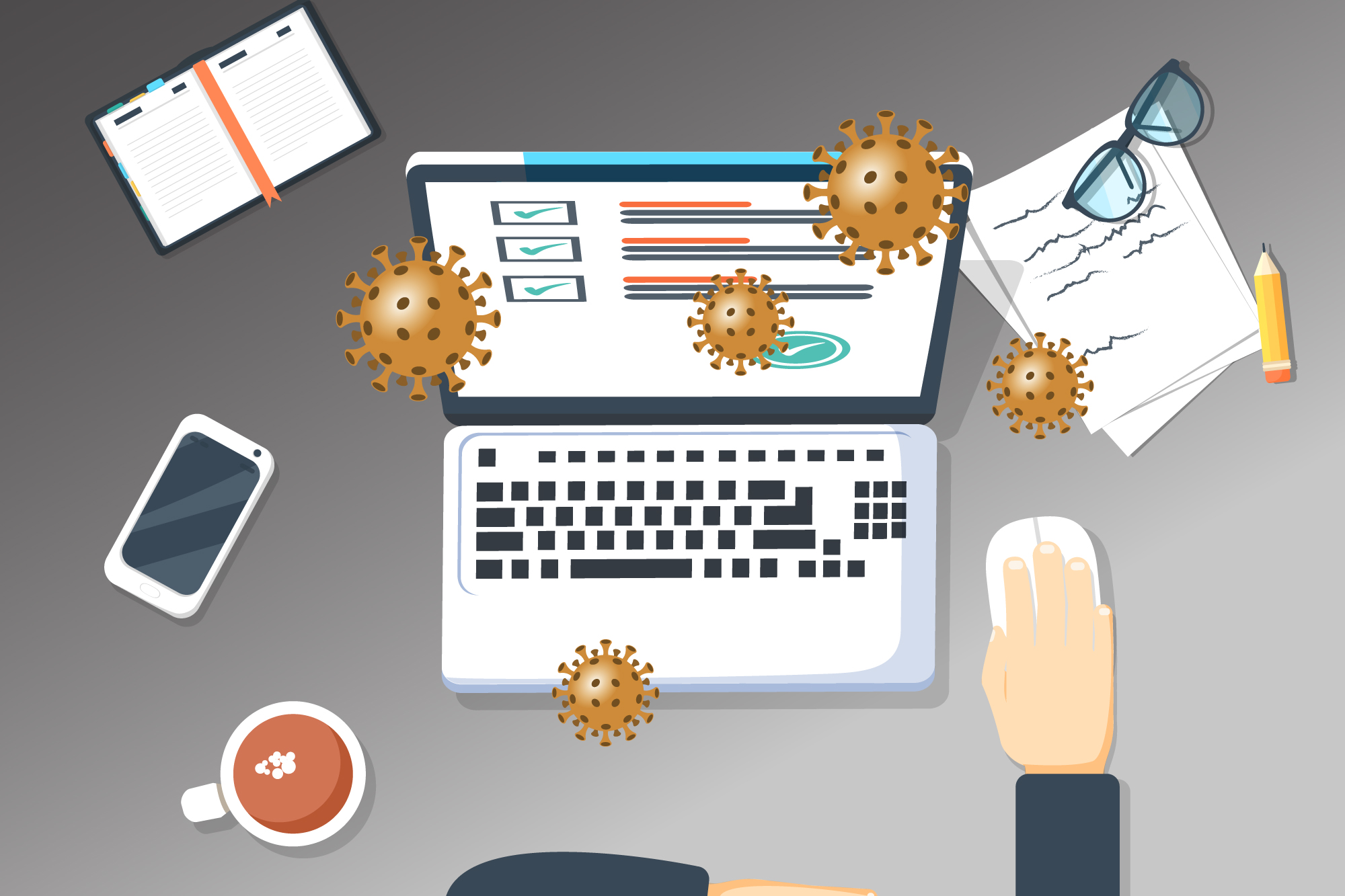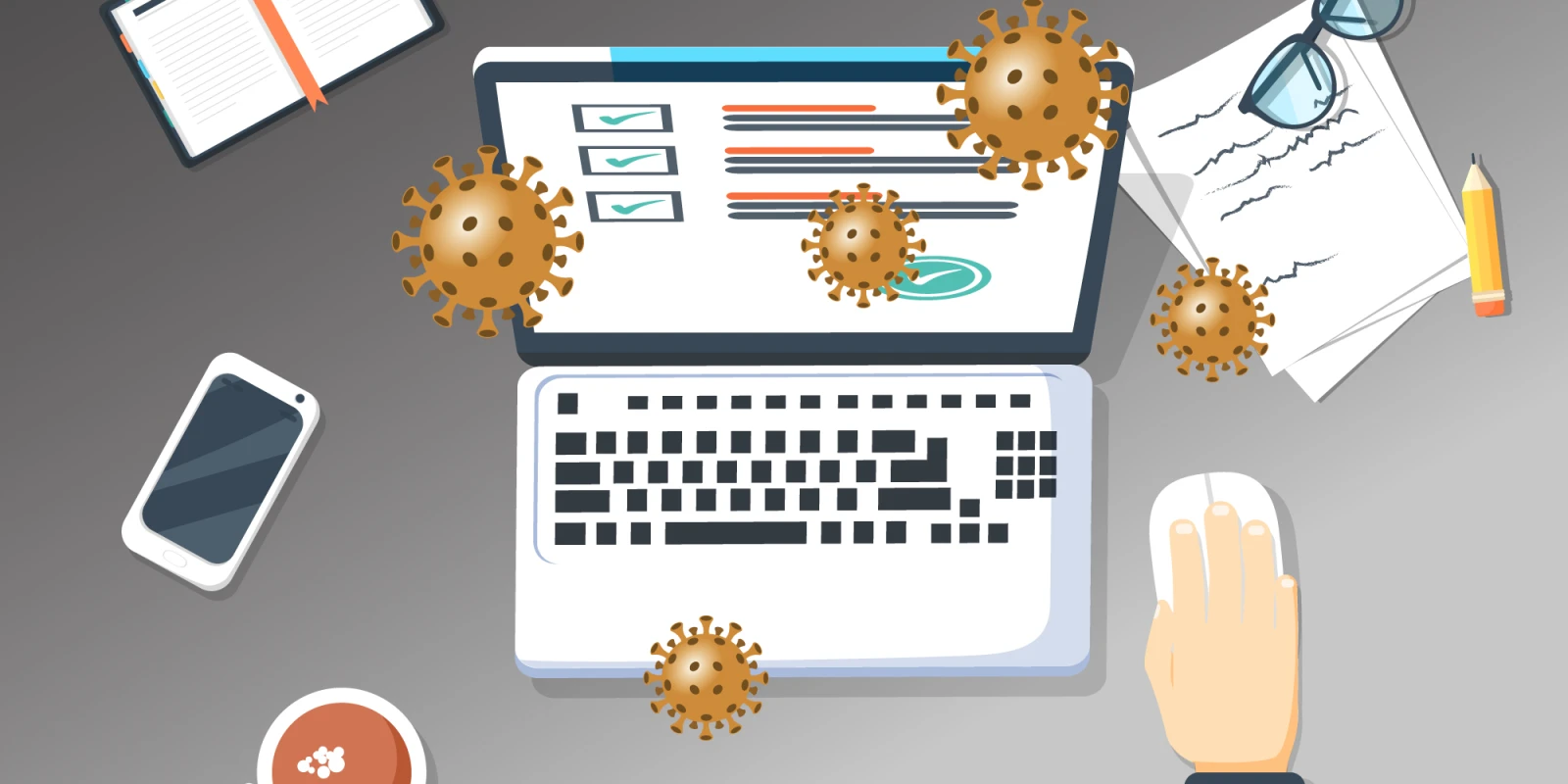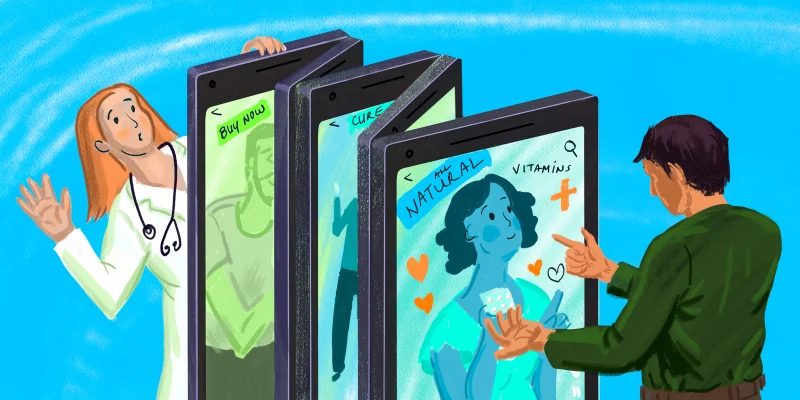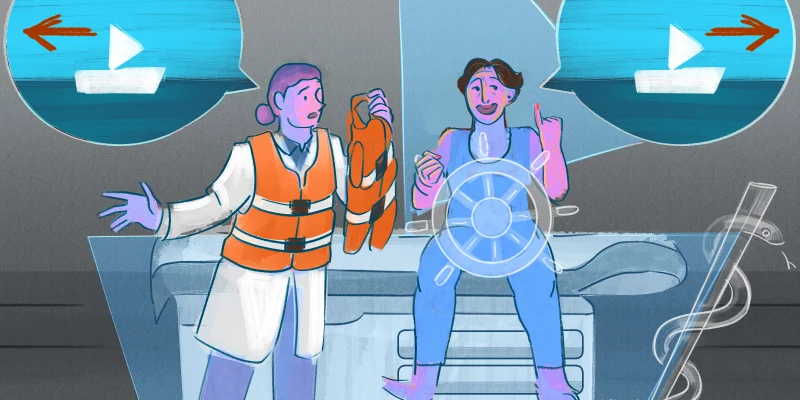
Ask any medical student – studying for Step 1 is a stress-inducing and anxious experience under even the best conditions. Compound that with the current global pandemic and it’s no surprise that many of us prepping for this exam are struggling to maintain the focus, motivation, and purposefulness we envisioned. The last three weeks have proved a considerable distraction from the “dedicated” study period I had planned.
Undoubtedly, people in all walks of life are experiencing drastic disruption and anxiety – many people already have or are on the brink of losing jobs, struggling to feed their families, or reeling with the mental struggle of social isolation. However, one emotion that I think is somewhat unique during this crisis to Step 1 studiers is guilt. The uncertainty and stress of this period in our lives was expected; we planned to trade seeing our friends for long days alone in the library, our favorite Netflix shows for late nights reviewing biochemistry, and a day at the beach for weekends filled with pharmacology side effects instead of time out with friends. But what we didn’t expect was an overwhelming feeling of guilt.
Personally, I have felt two distinct, yet significant types of guilt related to COVID-19 and studying for Step 1. Firstly, I feel guilty for my own stress and anxiety – my biggest concern right now is if and when I will be able to sit for my exam. While others are facing layoffs, caring for sick family members, or clinging to life on a ventilator themselves, I’m refreshing the Prometric website every time I take a break. It feels selfish, inhumane, and wrong to be worrying about how well I know the TCA Cycle while the entire rest of the world is focused on a public health crisis — particularly when the very reason most of us went to medical school was to help tackle the these challenging health issues.
This dichotomy leads directly to another guilt that feels impossible to reconcile. While each member of the health care force is risking their life to tackle this problem, Step 1 studiers are comfortably at home, with a cup of coffee. First, third, and fourth years at my school have organized volunteer services to support the nurses, doctors, and respiratory therapists who are working overtime. Residents are having hour restrictions lifted to spend more time with patients. Fourth years at NYU have the option of graduating early to provide immediate aid to a health care system that is buckling under the weight of this pandemic. But we, the Step 1 studiers, feel compelled to commit to memory a laundry list of obscure diseases that we will more than likely never see in our careers. I, of course, am no exception. I understand the magnitude of my Step 1 score on my future, but I would be lying if I didn’t admit how meaningless it feels to count the questions I’ve missed while doctors and staff are counting how many N95s they have left.
However, over the past three weeks, between studying and wrestling with these feelings, I have found some sense of motivation, purpose, and focus in my studying. First, I have reframed Step 1 in my mind: no longer as the culmination of the first two years of medical school, but as the necessary passageway to patient care. Step 1 is not an end goal, but simply its name – a step on the way to becoming the healers that we all envisioned ourselves as when we started this journey.
I also have been incredibly inspired by the physician workforce currently adapting and rising to meet the astronomical challenge of COVID-19. There are stories all across the country of doctors repurposing their skills – surgeons and anesthesiologists cancelling elective procedures and intubating patients in the ICUs, ophthalmologists and gastroenterologists reviewing the management of respiratory failure, or primary care providers adapting their practices to telehealth. Some have even figured out and shared ways to place two patients on one ventilator, recycle or reduce the use of PPE, and create new protocols on the fly – tasks that were certainly not in the job description when they signed up. And this inspires me; someday, we may be the doctors who are called in a crisis to practice outside of the field of our training, or manage disease remotely without a physical exam or labs. We may someday have to rapidly adapt our hospital to deal with issues never previously encountered, and this is a source of motivation — to learn as much as we possibly can now so that we are as prepared as possible to rise up to meet future challenges as our current workforce is doing.
Like everyone else, I too am worried for what this pandemic holds in store. I am worried for our health care workers, the underserved communities, the uninsured, and I’m worried for my family and friends. These concerns make any exam seem trivial, and sometimes, I do my best to push it out of my head and spend time talking with those most important to me, which often reminds me why I got into this journey in the first place.
Daniel McClintick is a medical student at the David Geffen School of Medicine at UCLA.
Click here to see more perspectives on COVID-19 from the Doximity network.
Click here for up-to-date news about COVID-19 on Doximity.






